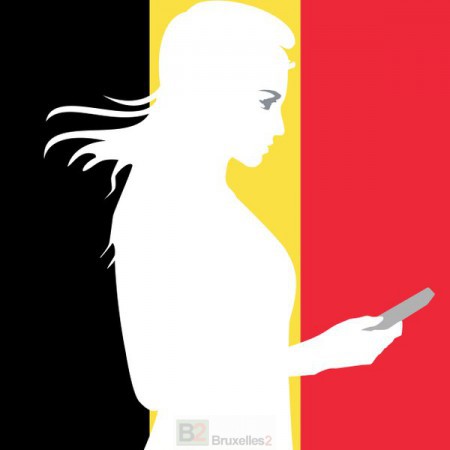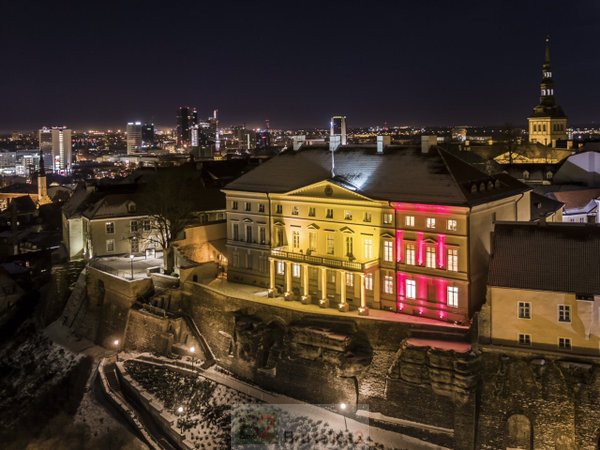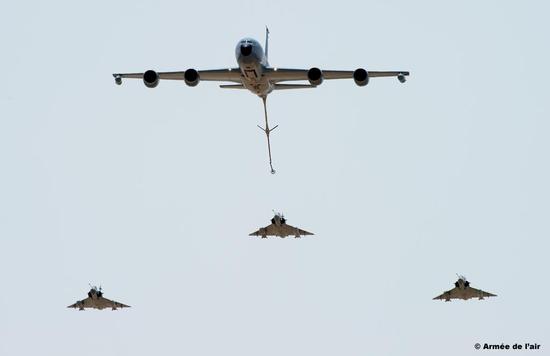Brussels, wounded city. The end of a certain recklessness
 (B2 *) The double attack of March 22 marks the end of a certain recklessness for Belgians and Europeans living in Belgium.
(B2 *) The double attack of March 22 marks the end of a certain recklessness for Belgians and Europeans living in Belgium.
Everyone expected it. And at the level of the security forces, we feared it. It was finally just a few days after the announcement of Salah Abdelslam's arrest that the terrible news arrived. In the European capital, very quickly, the news spread. Brussels remains a “small” city. And all you have to do is open your window or roll your eyes to see that this day won't be quite normal. The sirens of the police and fire engines, strident in the manner of the American police, follow one another without interruption. Several helicopters fly over the houses.
Everyone senses that there is something unusual in the air. It is not a day for a European summit or a demonstration. Indeed... A double attack has just taken place in the early morning. The RTBF, the French-speaking public radio and television, its Flemish alter ego, the VRT, just like the private channels RTL or VTM interrupt their programs and switch to quasi-continuous information, as is usual in the event of an event, serious or…joyful.
The reflexes acquired during the first “lockdown” in November after the Paris attacks play, when Brussels has become a dead city in a few hours, play. Those who have not yet left to work stay at home. Those who are at work no longer go out. The subways stop. The buses turn around, avoiding the European district where they usually pass. Children are confined to schools, with a ban on going out. Parents are directly informed directly by SMS. It is, in fact, impossible to call. All mobile phone networks are saturated. Road tunnels, which bring traffic into the city, are closing. Rue de la Loi, usually overflowing with cars, is blocked, strangely empty. An atmosphere of unfinished reigns.
In the evening, worry and even anguish appear on the faces of passers-by, in a hurry to return home to leave this European capital. The threat felt in an intellectual way yesterday has become real today.
Admittedly, in the past, Belgium was able to be reached by various attacks, they generally remained well targeted, against the Jewish community in particular, or against the State at the time of the action of the Communist Combatant Cells, a small group of the far left . But it's far. The collective memory has faded. None had in any case, the power of breath, in terms of victims as of symbolism of this day of March 22. And Belgium has never experienced the waves of attacks experienced by France (in 1986 and 1995), Spain in 2004 (and also with ETA), the United Kingdom in 2005 (and also with the IRA).
Unconsciously, too, the Belgians (and the Europeans) said to themselves that by sheltering the rear or logistical structures of various terrorist groups, working elsewhere in Europe - Algerian GIA 10 years ago, Al Qaeda, in 2001, group of Islamic State today — they were protected by some kind of extraordinary karma and could not be touched. This underlying faith
The double attack at the national airport where many Brussels residents work, as well as at the Maalbeck station in the very center of the European district, thus shattered several dozen lives but also a certain innocence and sweetness of life that radiated the Belgian, Flemish and… European.
The Maelbeck station, less known than its big sister, the Schuman station, is indeed strategic in the European puzzle. Located a few minutes walk from the Berlaymont, the headquarters of the European Commission, it is very busy in the morning by all those who work from near or far “at the Common Market”, as we still say in Brussels (see also: We wanted to target Europe!). Maelbeck is thus a small summary of Europe in Belgium.
Today, when the city will start to wake up, groggy, it is therefore each of its districts, its municipalities, from Uccle, the rich, to Anderlecht the popular, via Ixelles, the bobo, or Saint Gilles , the French-speaking, and Zaventem the Flemish, who will mourn their dead or suffer alongside the wounded.
(Nicolas Gros-Verheyde, with Johanna Bouquet)
(*) Paper published in a first version in Sud-Ouest this morning


